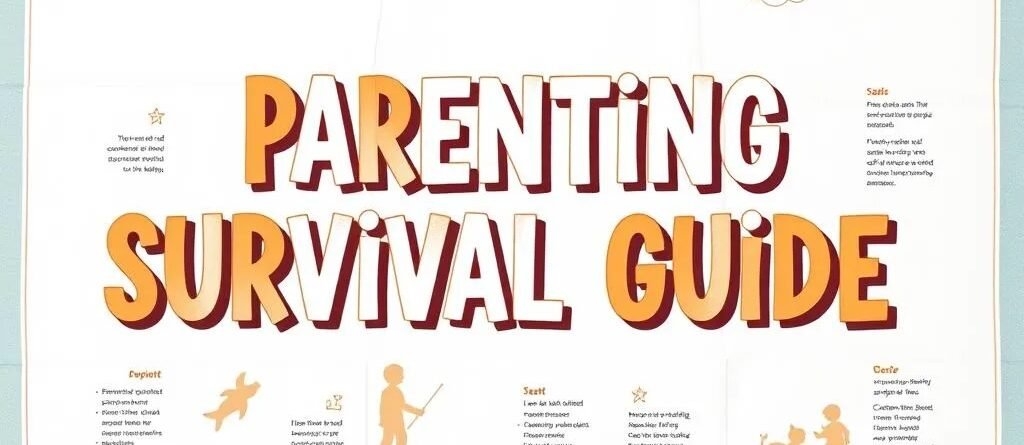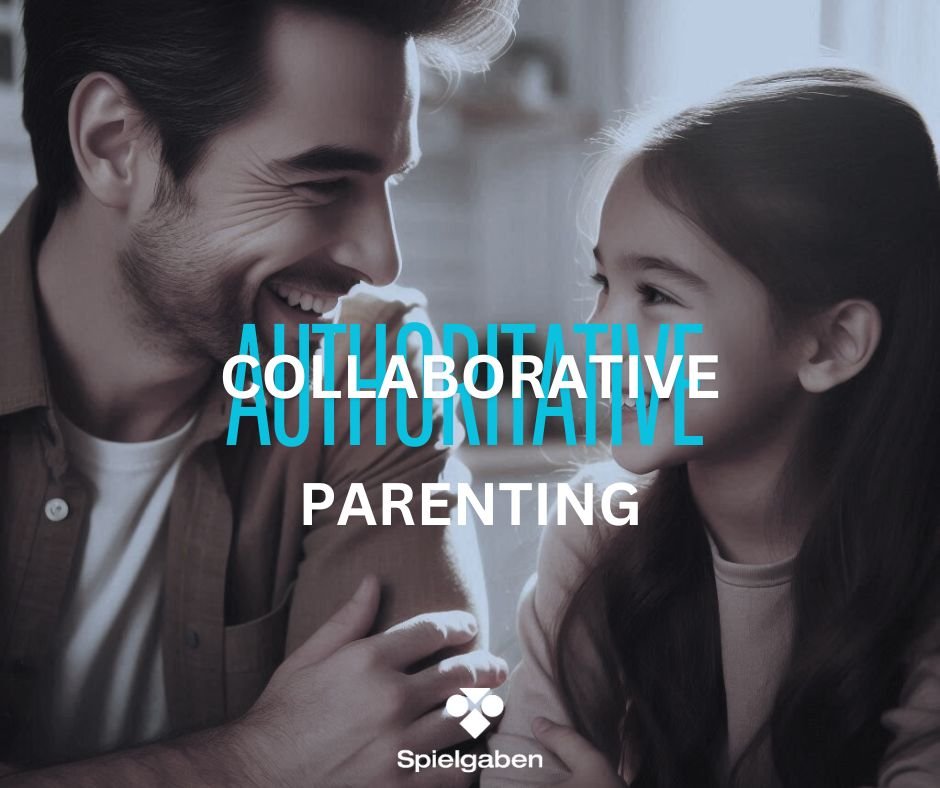Let Go of Unhelpful Myths About Adolescent Emotions: A Parenting Survival Guide
Parenting a teenager can sometimes feel like running a never-ending marathon—except instead of water stations, you get slammed doors and I-didn’t-ask-to-be-born moments. It’s tough, right? But one of the biggest hurdles isn’t just surviving the moods; it’s overcoming our own misconceptions about teen emotions and mental health.
So, let’s bust some of those myths wide open—and maybe have a laugh or two along the way. Oh, and we’ll include some practical tips you can use in real life because, let’s face it, you’ve got enough on your plate without adding abstract parenting philosophies to the mix.
Myth 1: Emotion is the Enemy of Reason
The Myth:
There’s a stereotype that teens are ruled by their emotions—dramatic, impulsive, and utterly unreasonable. This myth tells us emotions cloud judgment and make teens incapable of making good decisions.
The Truth:
Here’s the deal: emotions are not the enemy. In fact, they’re like your teen’s inner GPS—sometimes recalibrating, sometimes rerouting, but always pointing them toward what matters. Emotions are data. If your teen feels anxious about trying out for the soccer team, that anxiety is telling them something. Maybe it’s excitement wrapped in nerves, or maybe they’re genuinely unsure if they’ll enjoy it.
Trusting their emotions helps them build confidence in their instincts. And teens who trust their instincts? They’re less likely to fall prey to peer pressure.
Practical Tip:
The next time your teen brings up a big decision (or their latest “life crisis”), resist the urge to shut it down with logic. Instead, try validating their feelings first.
Example: If your teen says, “I feel nervous about applying to this club,” respond with, “It sounds like this means a lot to you, and it’s natural to feel nervous when you care about something.” Then, guide them to think through their options. Bonus points if you manage this without accidentally slipping into a lecture!
Myth 2: Difficult Emotions Are Best Avoided
The Myth:
When your teen is upset, it’s tempting to fix everything. After all, you don’t want them spiraling into despair just because someone unfollowed them on Instagram. The myth here is that difficult emotions should be avoided or minimized at all costs.
The Truth:
Guess what? Difficult emotions are where the magic happens. That gut-wrenching guilt after cheating on a test? It teaches integrity. The heartbreak of a failed friendship? It builds resilience.
Shielding your child from emotional pain may feel like love, but it’s more like bubble-wrapping their bike before sending them to ride off-road. Pain is part of growth—and growth is what makes them stronger, kinder, and more self-aware.
Practical Tip:
Instead of saying, “It’s not a big deal” (even when you’re thinking it), acknowledge the hard stuff. Try, “That sounds really tough. How are you feeling about it?” Then, support them through it.
Also, teach them that feelings are visitors, not permanent residents. One fun way? Name the emotion like a guest at a party. “Oh hey, here comes Sadness. What’s it saying?” This helps kids see their emotions as manageable—not overwhelming.
Myth 3: Teens Are Emotionally Unstable
The Myth:
Teens are often labeled as walking soap operas: unpredictable, overly dramatic, and emotionally fragile. The assumption? If they’re crying over a bad grade on Monday and laughing with friends on Tuesday, they must be unstable.
The Truth:
Your teen isn’t emotionally unstable—they’re just emotionally intense. And that intensity often shows up more at home than anywhere else. Why? Because home is their safe space. If your teen feels like they can unleash their full range of emotions around you, take it as a compliment (even when they’re yelling, “You’re ruining my life!”).
What’s more, emotional meltdowns are part of the process of becoming emotionally robust. Think of it as strength training for their feelings: they’re learning how to handle the heavy stuff.
Practical Tip:
Create emotional safety by keeping your cool. When your teen is freaking out, instead of saying, “Calm down!” (spoiler: it never works), try: “I can see you’re really upset. Do you want to talk about it, or take a break first?”
Oh, and remind yourself this: meltdowns aren’t personal. Your haircut isn’t the reason for their outburst; their brain is just on overdrive.
Why Teens Seem So… Teenagery
Let’s break down what’s actually going on under the hood of your teen’s brain. Imagine their mind as a construction site—complete with jackhammers and cranes.
Their brain is undergoing a massive upgrade to transition from childlike thinking to adult-level reasoning. But here’s the kicker: the emotional centers of their brain (the amygdala) finish construction WAY before the logical centers (the prefrontal cortex). This means teens are biologically primed to feel all the feels while struggling to see the bigger picture.
Add in a sprinkle of hormones and a dash of peer pressure, and voilà—you’ve got a recipe for slammed doors and eye-rolls.
Practical Tip:
When your teen gets dramatic, keep perspective. Instead of fighting fire with fire, try setting boundaries with kindness.
For example:
“When you’re ready to talk respectfully, I’m here. Take your time.”
This not only teaches emotional regulation, but it also shows that you respect their emotions while maintaining limits.
Get Them Talking (Without Bribing Them with Snacks)
Want to help your teen manage their emotions? Start by getting them to talk about their feelings.
Here’s the secret: most teens open up when you’re not looking directly at them. (Awkward eye contact? No, thank you.) Try car rides, walks, or even texting to get the conversation flowing.
Another trick? Be a listener, not a fixer. When they vent, resist the urge to jump in with solutions or anecdotes. Instead, reflect back what they’re saying.
Example:
Teen: “I’m so stressed about this group project. Nobody is pulling their weight.”
Parent: “It sounds like you’re feeling overwhelmed and frustrated. That’s a lot to deal with.”
This validates their emotions without hijacking the conversation.
Teach Emotional Control (a.k.a. The Jedi Mind Tricks of Parenting)
Teaching teens to express their emotions is important, but so is helping them learn to control those feelings when they’re overwhelming.
Here’s how to help:
- Distraction Works: Encourage them to shift focus when emotions feel too big. A funny TikTok, a basketball game, or even folding laundry can work wonders.
- Sleep Is Magic: Teens need 8-10 hours of sleep to regulate emotions. Help them create a bedtime routine by banning screens an hour before bed and encouraging exercise during the day.
- Challenge Negative Thoughts: If they’re catastrophizing, guide them toward realistic thinking. Instead of, “I’ll never make friends at my new school,” try, “Starting somewhere new is hard, but you’ll probably find one or two people you click with.”
Final Thoughts: Keep the Big Picture in Mind
Parenting a teen means surviving mood swings, navigating conflicts, and enduring the occasional Why are you the way that you are? But here’s the good news: every tear, tantrum, and heartfelt conversation is helping them grow into a resilient, emotionally intelligent adult.
So, take a deep breath. Laugh when you can. And remember, you’re doing an amazing job—even on the days when your teen swears otherwise.
After all, raising a teenager isn’t just about managing their emotions—it’s about embracing the chaos, one slammed door at a time.













LEAVE A COMMENT